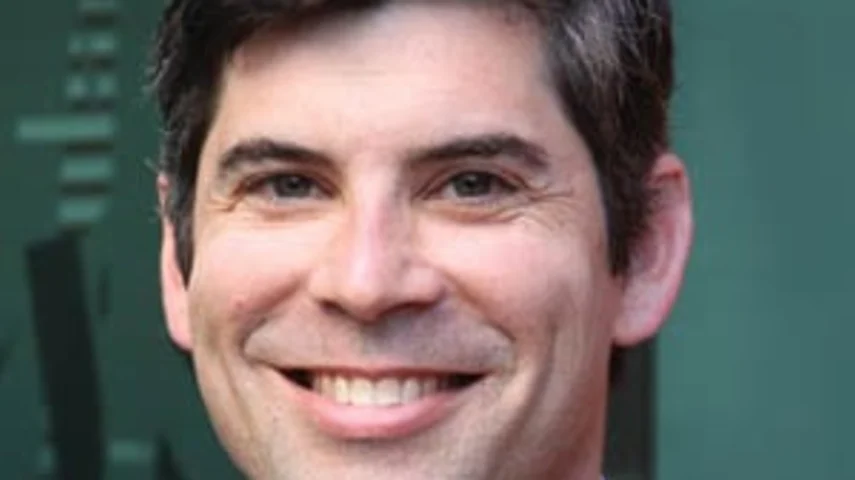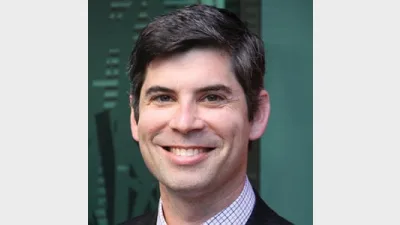Whose interests does Industry Super Australia represent?



In case financial planners have not noticed, the Abbott Government’s moves to change the Future of Financial Advice (FOFA) legislation, either by regulation or legislative amendment, has been the subject of a concerted and well-directed campaign underwritten by Industry Super Australia.
In terms of news value in the daily newspapers or on radio and television, the Government’s proposed changes to FOFA would not normally rate particularly highly as something worthy of coverage, yet the ABC has dedicated serious air-time to the issue on both television and radio while newspapers owned by publisher, Fairfax, have indicated similar levels of interest.
The common denominator in the resultant news coverage has been interviews with ISA chief executive David Whiteley who, unsurprisingly, has done his best to stick to his organisation’s key messages regarding the FOFA changes leading to an erosion of consumer protections.
The ISA has always seemed extremely comfortable in disseminating its messages to generalist media outlets such as the ABC or the daily newspapers and its success in gaining sympathetic coverage has been there for everyone to see. Its current campaign is gaining a similarly sympathetic outcome.
It seems unlikely the Assistant Treasurer, Senator Arthur Sinodinos, would be particularly surprised by the flurry of media coverage surrounding the FOFA changes in circumstances where it is understood the ISA signaled to the minister that its resistance to the Government’s moves would be just as vigorous as its promotion of the original FOFA legislation.
The problem for the financial planning industry in countering the tenor of the current media coverage is that the political and commercial interests which underpin many of the claims being made by the industry funds are not well understood by those working in generalist media outlets, who understandably are more inclined to accept a motherhood argument about consumer protection than scrutinise why Mr Whiteley should be accepted as a spokesman for the superannuation industry.
Whiteley, as the chief executive of the ISA, cannot claim to speak for the superannuation industry as a whole. If anything, he speaks as the chief executive of a lobbying organisation that is funded by a significant segment of the industry superannuation funds movement but which is not representative of all the industry funds.
It is arguable that if the media wanted to obtain a more balanced picture of the attitudes prevailing in the superannuation industry, then it would be better served talking to both the Association of Superannuation Funds of Australia chief executive, Pauline Vamos, and the Australian Institute of Superannuation Trustees chief executive, Tom Garcia. Between them, Vamos and Garcia can lay claim to representing the vast majority of Australian Prudential Regulation Authority-regulated funds – both industry and retail.
Under its former banner as the Industry Super Network or now as Industry Super Australia, there can be no doubting how successful the organisation has been in selling its message and influencing policy formulation in Australia, particularly during the term of the former Labor Government.
This, in turn, has given rise to the media treating its chief executive as being representative of an entire industry rather than a section of that industry.
The influence and arguments of the ISA need to be kept in context.
Recommended for you
In this episode of Relative Return Insider, host Keith Ford and AMP chief economist Shane Oliver discuss the latest shock consumer price index numbers, which rose to 3.8 per cent in October, as well as the shifting US market and calls for super funds to invest in infrastructure projects.
In this episode of Relative Return Insider, host Keith Ford and AMP chief economist Shane Oliver discuss the Reserve Bank of Australia’s cautious stance in response to persistent inflation, subdued growth prospects, and political shifts affecting the nation’s journey towards net zero emissions.
In this episode of Relative Return, host Laura Dew speaks with Rachel White, head of financial adviser services at Vanguard about how advisers can help Australians to feel confident in retirement.
In this episode of Relative Return Insider, host Keith Ford and AMP deputy chief economist Diana Mousina take a look at the Reserve Bank’s unanimous decision to leave rates on hold on Melbourne Cup Day and whether future cuts are still on the cards.








